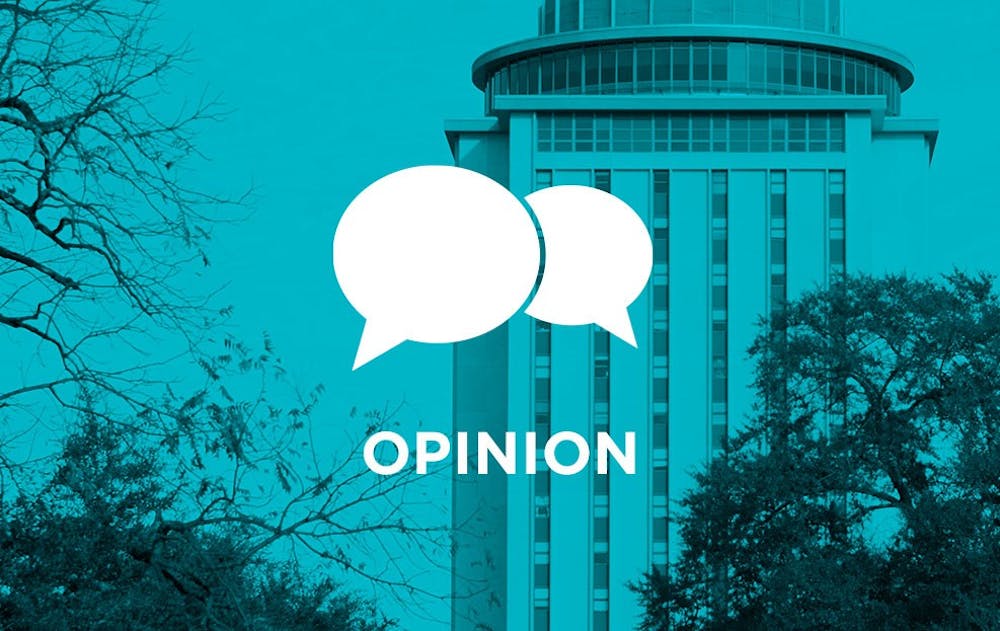This letter is a response to the column "UN resolution promises clumsy non-solution" that ran in print on Jan. 12.
It is the legacy of the U.S. to stand on the wrong side of history when it comes to apartheid.
The word apartheid comes from the South African system of laws that racially segregated the black indigenous population (and other non-white groups) from the white Afrikaner settlers and made them second-class citizens on their own land.
The same year that apartheid began in South Africa marked the beginning of a nation that would soon have close ties with and later echo the racist and discriminatory efforts of South Africa. That nation is Israel. Thus, 1948 marks the beginning of catastrophe not only for the South African people, but also for the Palestinian people.
However, while apartheid has ended in South Africa, it lives on in Israel — and so does the U.S. tradition of supporting apartheid.
For most of the duration of South African apartheid, U.S. policy toward South Africa was friendly, strong and supportive. Despite external pressure from the UN and internal pressure from black activists who recognized the similarities between Jim Crow and ZA apartheid, U.S.-South African relations remained strong until 1986 when Congress voted to impose sanctions with the Anti-Apartheid Act of 1986.
The U.S. waited almost 40 years to take action against ZA apartheid — the Palestinian people have been waiting 50 years for the U.S. to act in solidarity. But steps are being made in the right direction.
The Movement for Black Lives has endorsed BDS (Boycotts, Divestment, Sanctions), the Palestinian-led academic and economic boycott of Israel modeled after similar tactics that ended ZA apartheid.
And now, after vetoing numerous United Nations resolutions attempting to condemn Israel — as it did repeatedly during South African apartheid — the U.S. has finally abstained from voting and allowed the UN Security Council resolution 2334 condemning Israeli settlements to pass 14-0-1.
Yet even this move is tainted by U.S. financial support of Israel to the tune of $3.8 billion a year for the next 10 years, the largest military aid package any country has ever received in history. And so the U.S. legacy of supporting apartheid until the last possible moment continues.
However, your legacy, Andy Wilson, is not yet solidified. At this crucial moment, you have the opportunity to stand with the people of Palestine. You have the opportunity to be on the forefront for instead of the resistance to justice.
In 1997, Nelson Mandela said, "We know too well that our freedom is incomplete without the freedom of the Palestinians.”
It is now 2017, and the Palestinian people are still not free. Do not wait for hindsight to place you on the side of freedom when you can today be the reason that freedom is possible for Palestine.

